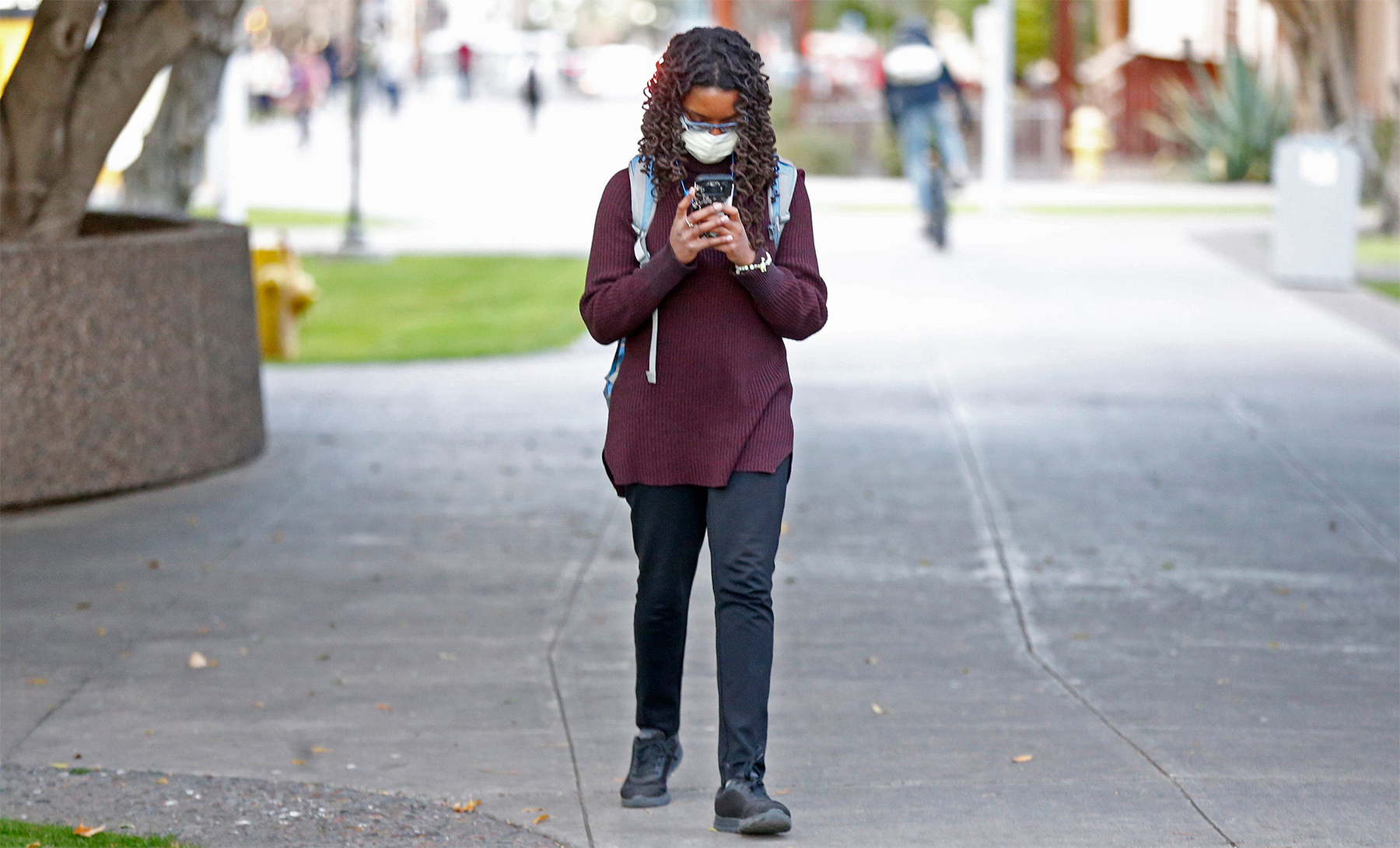Using a cross-sectional survey (N = 1,225), this study examines the psychological well-being (stress, anxiety, depression), life satisfaction, supportive parent communication, and likelihood to seek mental and emotional support from different sources between FGCSs and non-FGCSs during the early period of the COVID-19 pandemic. Results show that while FGCSs and non-FGCSs report similar levels of stress and depression, FGCSs have higher anxiety and lower life satisfaction and supportive parent communication than non-FGCSs. Although supportive parent communication is negatively associated with stress, anxiety, and depression and positively associated with life satisfaction in both groups, these associations are stronger for FGCSs than non-FGCSs. Further, FGCSs are less likely to seek mental and emotional help from family and friends than non-FGCSs, while these help-seeking behaviors may mitigate their mental distress and enhance their life satisfaction. The authors address college mental disparity and highlight the lack of interpersonal support for FGCSs’ mental wellness during this health crisis.
Explorescholarly articles
Mental Health, Life Satisfaction, Supportive Parent Communication, and Help-seeking Sources in the wake of COVID-19: First-generation College Students (FGCS) Vs. Non-first-generation College Students (non-FGCS)
Related Stories

Data, Assessment, & Evaluation
Staff Perceptions of First-in-Family Students in Higher Education: A Case Study of a Belgian College

Access and Persistence
“I Wasn’t Supposed to Be There”: Examining the Experiences of First-Generation Women of Color in Undergraduate STEM Majors

Data, Assessment, & Evaluation
